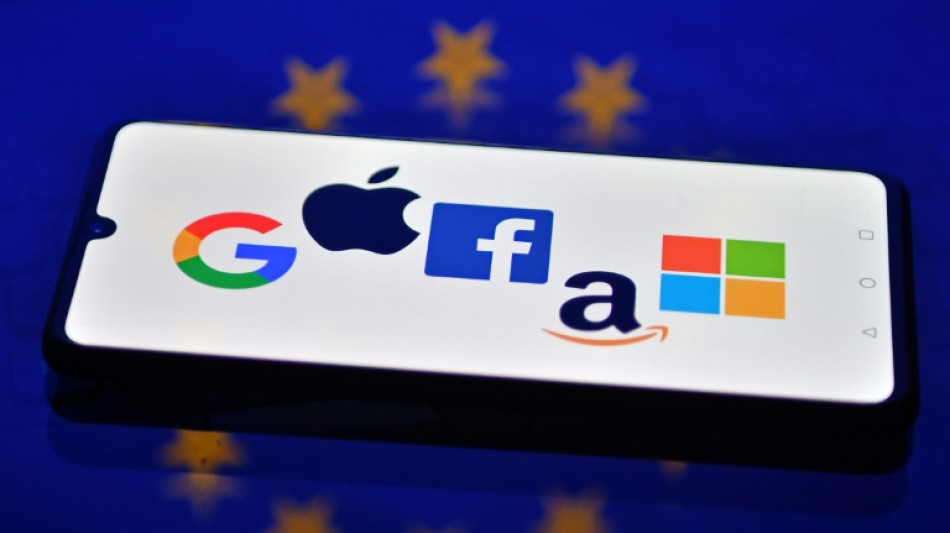
SCS
0.0200


The European Union could agree on Friday a new regulation imposing unprecedented curbs on online content, the second part of its massive project to regulate tech companies.
The Digital Services Act (DSA) aims to ensure tougher consequences for platforms and websites that violate a long list of banned content.
The text is the companion to the Digital Markets Act (DMA), which targeted anti-competitive practices among tech behemoths like Google and Facebook and was concluded in late March.
A European source told AFP that MEPs and EU countries were "very motivated" to get the new regulation agreed on Friday.
The DSA aims to tackle hate speech, disinformation, the selling of dangerous products and other abusive online behaviour, such as the dissemination of so-called revenge porn.
"What is allowed in everyday life will be allowed on the internet, but everything that is prohibited will be as well," EU internal markets commissioner Thierry Breton said earlier this year, describing the internet as the "Wild West".
Tech giants have been repeatedly called out for failing to police their platforms -- a New Zealand terrorist attack that was livestreamed on Facebook in 2019 caused global outrage, and the chaotic insurrection in the US last year was promoted online.
- 'Missed opportunity' -
While much of the DSA's stipulations cover all companies, it lays out special obligations for "very large platforms", defined as those with more than 45 million active users in the European Union.
The list of companies has not yet been released but will include giants such as Google, Apple, Facebook, Amazon, Microsoft, as well as Twitter and probably the likes of TikTok, Zalando and Booking.com.
These players will be obliged to assess the risks associated with the use of their services and remove illegal content.
They will also be required to be more transparent about their data and algorithms.
The European Commission will oversee yearly audits and be able to impose fines of up to six percent of their annual sales for repeated infringements.
Among the practices expected to be outlawed is the use of data on religion or political views for targeted advertising.
Former Facebook employee Frances Haugen caused a huge stir last year when she accused her former bosses of prioritising profits over the welfare of its users.
She hailed in November the "enormous potential" of the European regulation project, which could become a "reference" for other countries, including the United States.
However, the European Consumer Organisation (BEUC) fears the text does not go far enough.
It wants a ban on all advertising based on the surveillance of internet users and random checks on online vendors' products.
"If we don't make online market places check who is selling and what they are selling, then it could be a missed opportunity," said Claudio Teixeira, a lawyer with BEUC.
O.Tse--ThChM